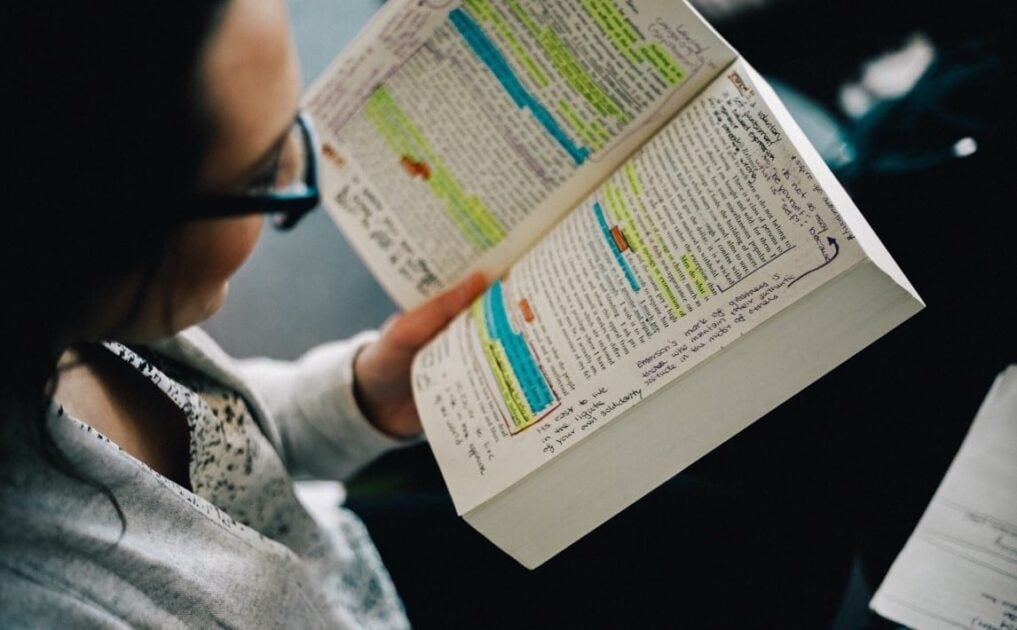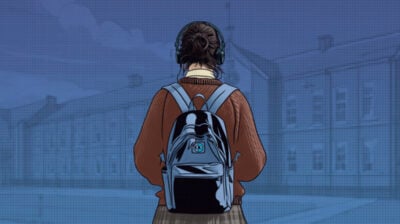What I wish I knew about the Junior Cert
Saoirse shares some advice for anyone that’s sitting the Junior Cert exams

The Junior Cert and Leaving Cert are both very important and very stressful. A lot of the time the Leaving Cert overshadows the Junior Cert as there’s hype over the CAO and college choices. However, the Junior Cert is important in many different ways. It’s the first time that you experience what a state exam is like and the amount of preparation that is involved. It’s a very stressful and sometimes traumatic experience for a lot of people.
My experience with the Junior Cert
In the final weeks coming up to the Junior Cert I started to panic and worry there wasn’t enough time to study every topic. The thought of having to complete 14 exams, which totaled to 32 hours in an exam centre, all in 10 days was terrifying. Listening to other people’s study routines and how much they were studying also worried me. Thankfully I realised that the same study plan doesn’t work for everyone and that you’re the only person that can decide the study style that is best for you.
Having gone through the Junior Cert, here is some advice I wish I had known:
Finding the study method that works for you
Once your orals and practicals are finished, it’s time to turn your full attention turns to studying. All through 2nd and 3rd Year we were told different ways to study and what was the ‘most effective’ way of studying. Some of these included spider diagrams, flashcards, buzz words, and memory cheats. I’d really recommend taking some time to find the methods that work best for you. They might change depending on the subject, or the time of year, and that’s ok. I personally found flashcards useful for subjects like Science, Home Economics, Geography, and Spanish.
Scheduling in breaks
I know what it’s like when you feel like you don’t have time to take a break. But it’s important that you have a good schedule for breaks. Last year I made sure I took at least a ten-minute break every hour to an hour and a half. This may seem like a lot of time to be wasting but trust me you’ll feel re-energized by taking a few minutes to rest. By taking breaks you’ll also hopefully be able to take in more information.
Getting enough sleep
If someone was to ask me “what’s the most important thing when studying?” I would say sleep. Study and homework can sometimes go late into the night but I think it’s essential that you get at least 7-8 hours uninterrupted sleep each night, especially in the last two weeks coming up to the exams.
During the exams I would advise you to sleep even longer and to take naps after exams if possible. I’m not going to lie, you will be very tired in the last week before exams and during the exams, so try to get as much sleep as possible.
Taking to someone if you’re struggling
If you are waking up sweating with the worry over your exams then don’t worry you’re not the only one. A lot of people have sleepless nights coming up to exams. It’s important to talk to a friend or family member if you’re stressed as this may help to reduce stress.
You can also free-text 50808 to talk to a trained volunteer about how you’re getting on. It can be really helpful to have someone to talk to, and hopefully, it can help relieve some of the stress around exams.






